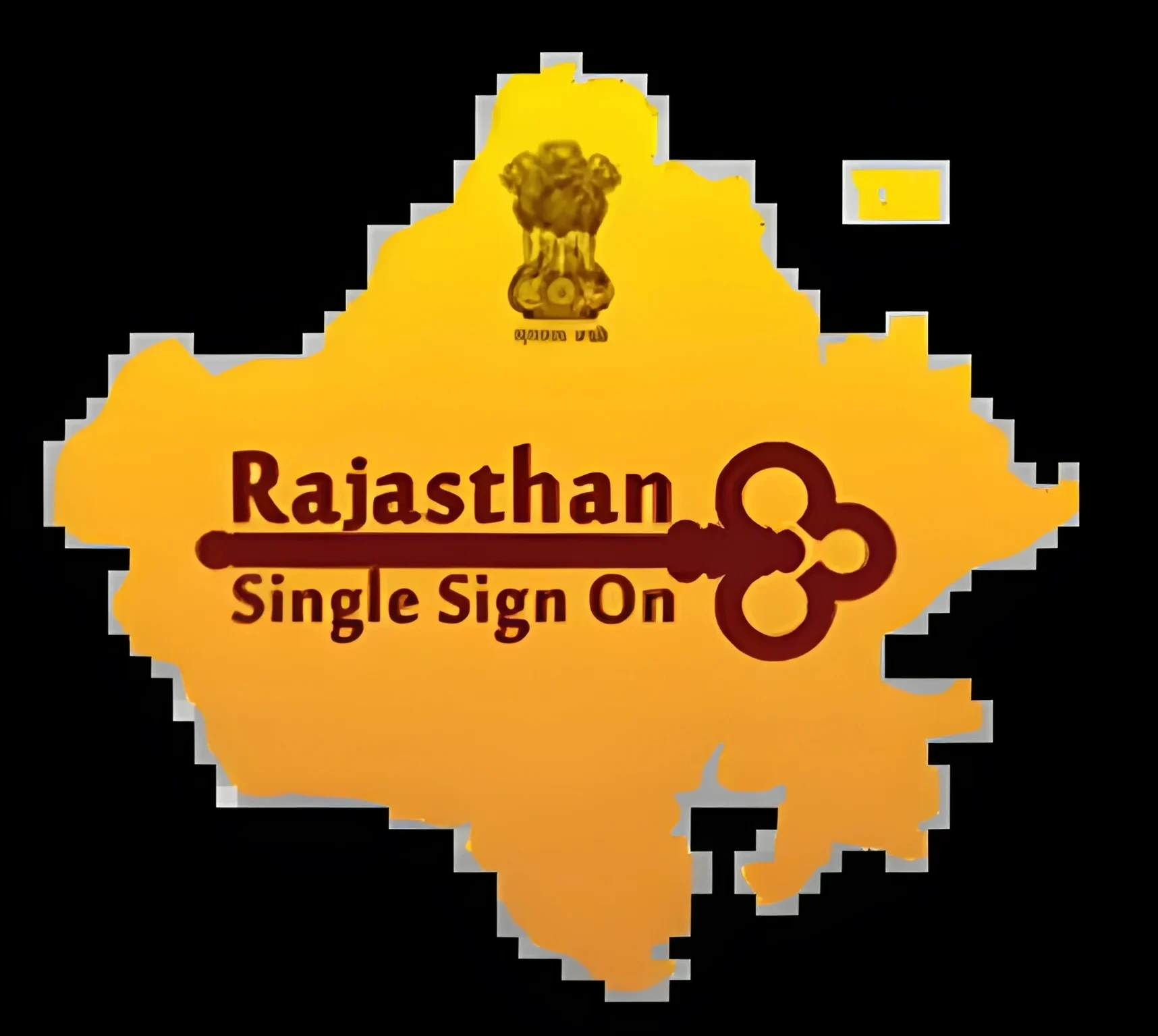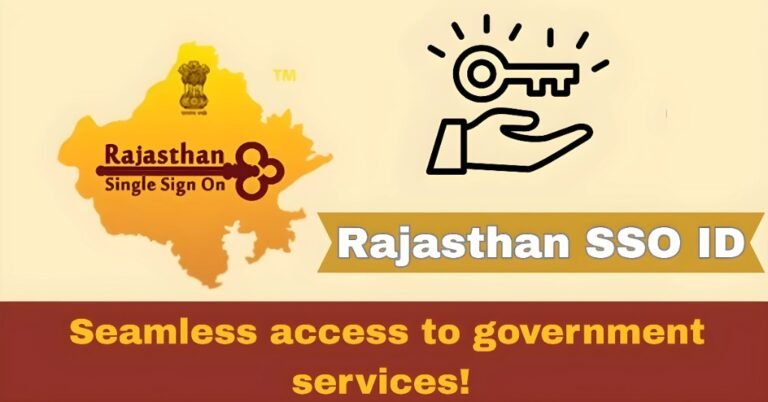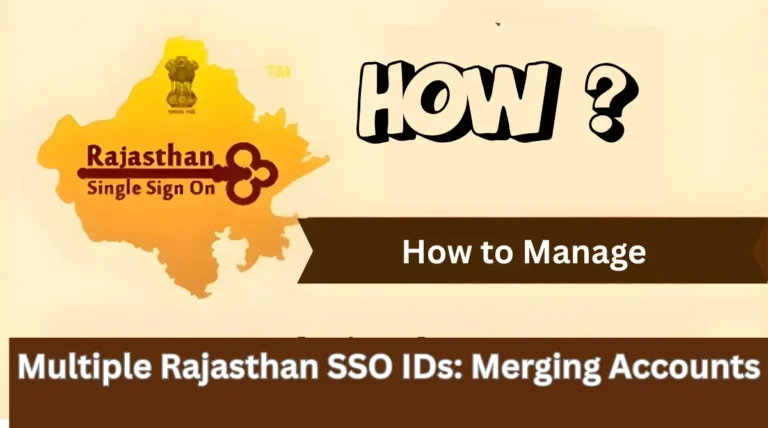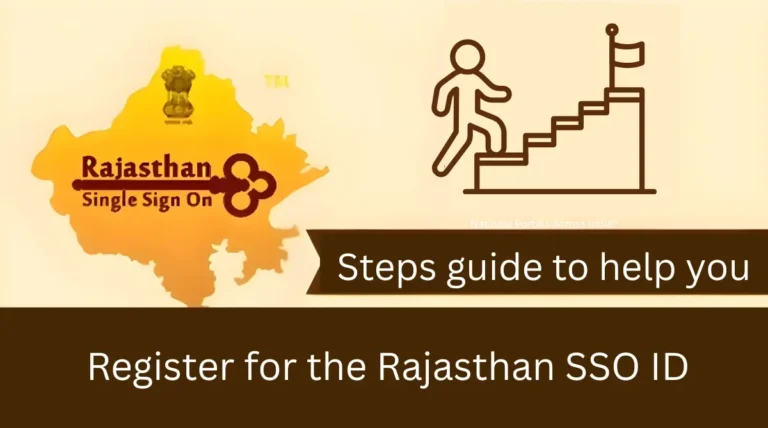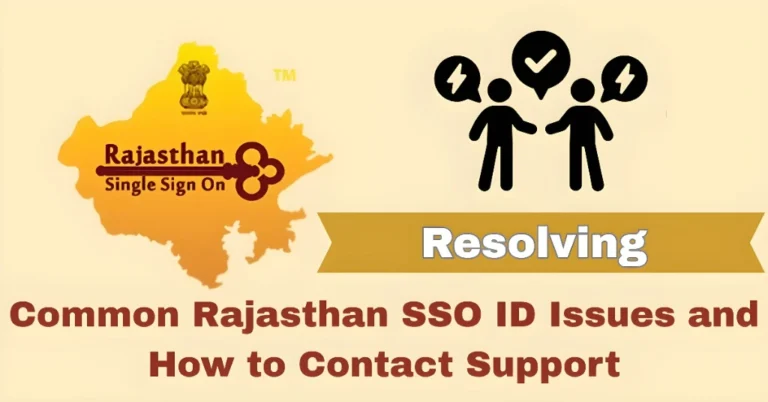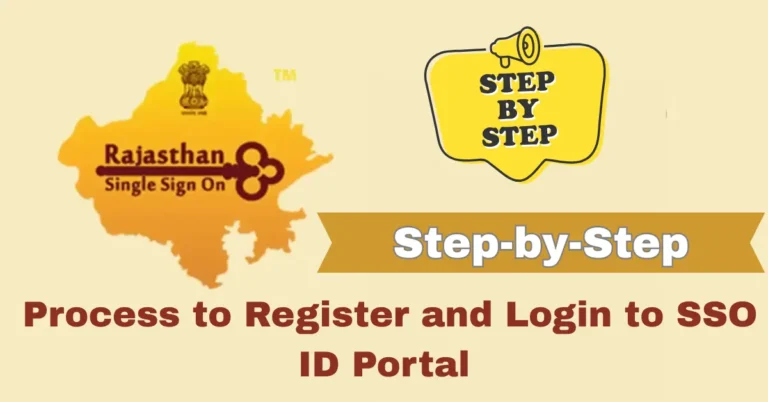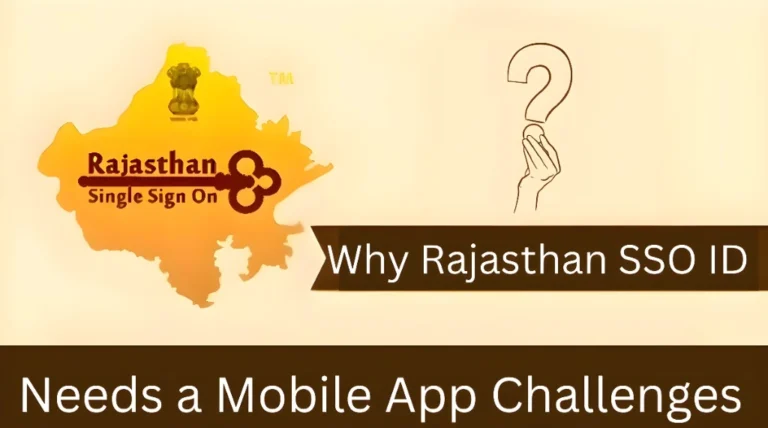Privacy Concerns what Data Is Shared with third-Party
Privacy Concerns what Data Is Shared with third-Party Rajasthan Single Sign-On (SSO) ID to access various government services, you might be wondering what kind of data is shared when you use it with third-party services. Let’s go through this in simple terms so you know exactly how your data is being handled.
Data is Shared with Third-Party Services
When you use your Rajasthan SSO ID to log into third-party services, certain personal information is shared to help complete the process. This typically includes Limited Data Sharing: While using your SSO ID, the data shared is typically limited to what’s necessary for the service. You won’t have to worry about your entire personal history being exposed to third-party services.
No Sensitive Data Sharing Your sensitive data like bank account details, passwords, and other private info are not shared with third-party services through your Rajasthan SSO ID. The sharing is generally limited to your registration details and activity data .Rajasthan SSO ID Linked to National Portals Across India?
Service-Specific Permissions
Basic Personal Details: This can include your name, email address, and phone number.
Authentication Information: Your username and password are shared to authenticate your identity, ensuring the services you access are linked to you.
Usage Data: Information about how you interact with the service, like which pages you visit or actions you take, may be shared to improve the service or for analytics.
Your Data is Protected
The government takes security seriously, which is why they use encryption and secure protocols to protect your data. However, it’s important to note that third-party services (like educational portals, healthcare apps, or job portals) may also have their own security measures. It’s a good idea to review their privacy policies to see how they handle your information.
Tips to Protect Your Privacy
Use Strong Passwords: Always create a unique, strong password for your SSO account and enable two-factor authentication where possible.
Review Permissions: Check the permissions requested by third-party services and limit access to only what’s necessary.
Read Privacy Policies: Before you sign up or link your SSO ID with a third-party service, take a moment to read their privacy policy. Know what they’re doing with your data.
Update Your Information Regularly: Keep your contact details up-to-date to avoid any issues with service access.
required before granting access.
Third-Party Privacy Policies: Even though the Rajasthan SSO ID system is secure, it’s essential to review third-party services’ privacy policies. Some services may collect additional data for their own use, which you should be aware of.
Revoke Access: If you no longer wish to use a third-party service with your SSO ID, you can revoke access in the settings of your SSO account. Always keep track of which services are linked to your ID.
Is my personal information safe when using the Rajasthan SSO ID?
Yes, the Rajasthan SSO system uses encryption and secure protocols to protect your personal information. However, third-party services may have their own policies, so it’s always good to check them.
What kind of data is shared with third-party services when I log in using Rajasthan SSO ID?
Typically, basic personal information such as your name, email, phone number, and authentication details are shared. Some services may also collect data about your usage.
Can I control what data is shared when using my Rajasthan SSO ID?
Yes, you can review and manage the permissions given to third-party services. Be mindful of what you share and restrict unnecessary permissions.
Can I delete my data from third-party services after linking my SSO ID?
You can contact the third-party service to delete your data, but be aware that this might impact your ability to access the services you need.
Final Words
In summary, while the Rajasthan SSO ID simplifies access to state services and third-party platforms, it’s crucial to stay aware of what data is shared. Generally, only necessary details like your name, email, and authentication data are shared, and your sensitive information remains protected. By following simple privacy practices, such as reviewing permissions and checking third-party privacy policies, you can ensure your data stays secure while enjoying the convenience of a unified digital identity.
Always be vigilant, stay informed, and remember to manage your privacy settings actively. If you have further questions or concerns, don’t hesitate to reach out for more help. Stay safe online!
